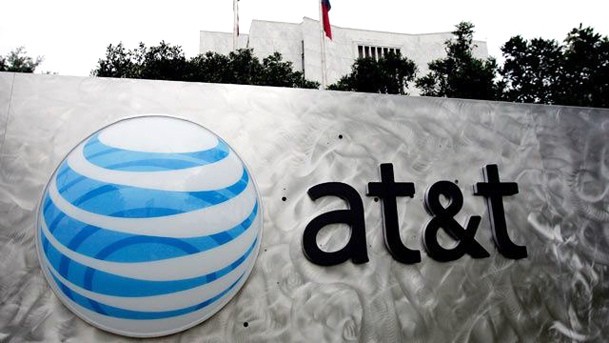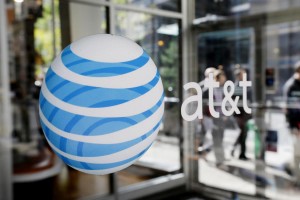AT&T, one of the biggest wireless carrier in the US, is all geared up to begin with the preparations for the upcoming incentive auction. Again, AT&T has urged the FCC to lay a foundation for the event, saying that “strong, centralized FCC leadership on the transition will be essential.”

Later this month, the FCC will begin a “reverse” auction that will eventually see it buy back unwanted airwaves from TV broadcasters. That spectrum will then be auctioned off later this year to companies looking to use it to launch mobile communications services. The FCC has proposed a 39-month timeline for repacking, although that schedule has come under fire by TV broadcasters who say it doesn’t provide enough time.
AT&T didn’t offer an opinion on the proposed timeline in its latest filing, but it did cite the 800 MHz rebanding effort, which began in June of 2005 and was expected to take 36 months but continues today. “We also believe that there are important lessons that can be learned from other FCC projects of similar size, scope, and complexity that underscore the importance of up-front logistical and programmatic planning, careful execution, and robust program management,” wrote Joan Marsh, AT&T’s vice president of federal regulatory, in the filing. “While the 800 MHz rebanding in many ways was more complex than this effort, there are also many similarities. Notably, the 800 MHz rebanding effort began with the belief that the band could be fully re-organized within 36 months. We now know, in hind sight, that the effort will in fact take more than a decade to complete.”
AT&T went on to urge the FCC to make sure it has the resources in place to produce a detailed transition plan for comment and feedback within a few months of the auction’s conclusion. “A carefully developed and regionally prioritized plan, coupled with strong project management, is essential to managing key dependencies and to controlling constraints and challenges,” the operator wrote. “AT&T urges the FCC to utilize all means available to it to ensure that it has the necessary expertise and resources available to establish and execute on an effective and expeditious repacking plan as soon as the auction concludes.”
It is expected that AT&T would be the dominant bidder at the FCC’s upcoming incentive auction, and is even planning to spend around $10 billion on the licenses.



